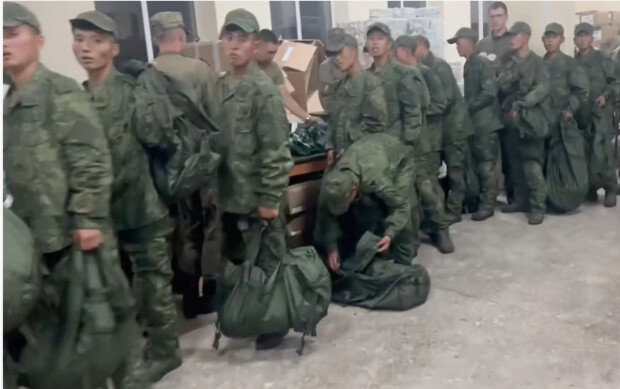US confirms N. Korea’s military dispatch to Russia
US confirms N. Korea’s military dispatch to Russia
Posted October. 25, 2024 08:12,
Updated October. 25, 2024 08:12

U.S. Secretary of Defense for Public Affairs John Kirby confirmed on Wednesday that at least 3,000 North Korean soldiers were deployed to eastern Russia this month, describing them as “fair targets” if they fight against Ukraine. U.S. Secretary of Defense Lloyd Austin made the first U.S. confirmation on the intelligence that North Korea has sent forces to Russia.
Washington’s first official confirmation of North Korea sending troops to Russia came five days after the National Intelligence Service (NIS) disclosed the regime’s large-scale dispatch of special troops last Friday. Such a long interval has overshadowed Seoul’s argument that the NIS worked with the United States, Ukraine, and other allies to collect and share intelligence when it released the intelligence. Moreover, details of the two allies’ intelligence are not in line. Whereas the NIS said in a press release that North Korean troops “joined” the Russo-Ukrainian War and were set to be sent to the “battlefield,” Washington still seems careful about their missions before telling whether they are dispatched to fronts of conflict.
If the regime’s forces end up fighting on fronts against Ukraine, it will become the first third-party country to join this ongoing war. If it causes the warfare to escalate into an international conflict, the Western Countries, including the United States, are supposed to change their strategies. They have supplied Ukraine with arms, intelligence and technologies but excluded the possibility of sending troops to the warzone. With the presidential election scheduled on Nov. 5, the last thing Washington wants to do is to see any tumultuous developments in the ongoing war. North Korea and Russia might have had it in mind in the first place.
How Pyongyang and Moscow have recently partnered with each other in the arms deal and the military dispatch comes across as a risky gamble that can shake the global security landscape. Such a high degree of severity only requires an equivalent level of thoroughness. Seoul boasted of having great intelligence capabilities by promoting its AI-driven analytical skills. Nevertheless, it did merely show a strong determination to put the brakes on it but lacked detailed action plans against them. A hardline stance is supposed to go with sophisticated tactics.







